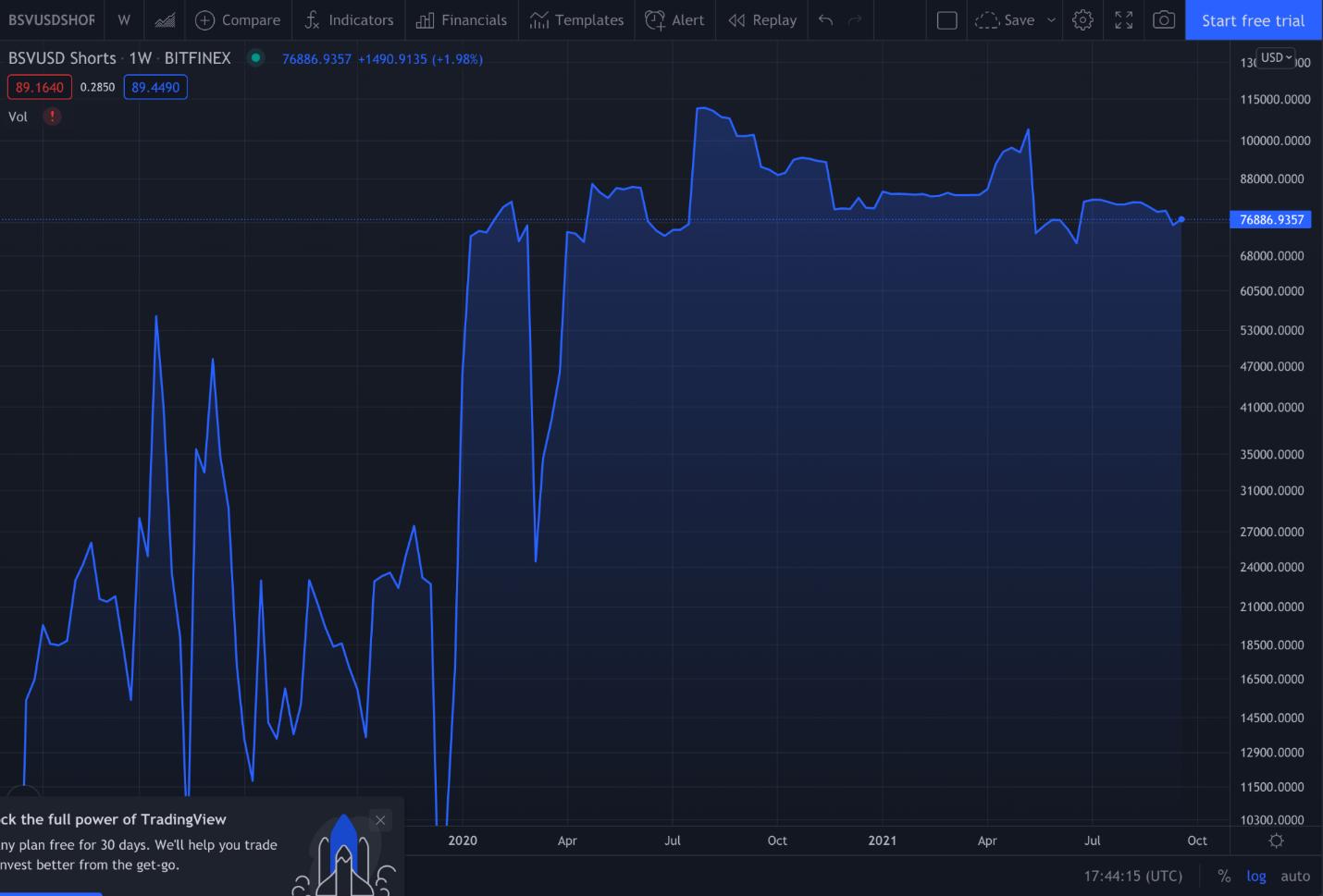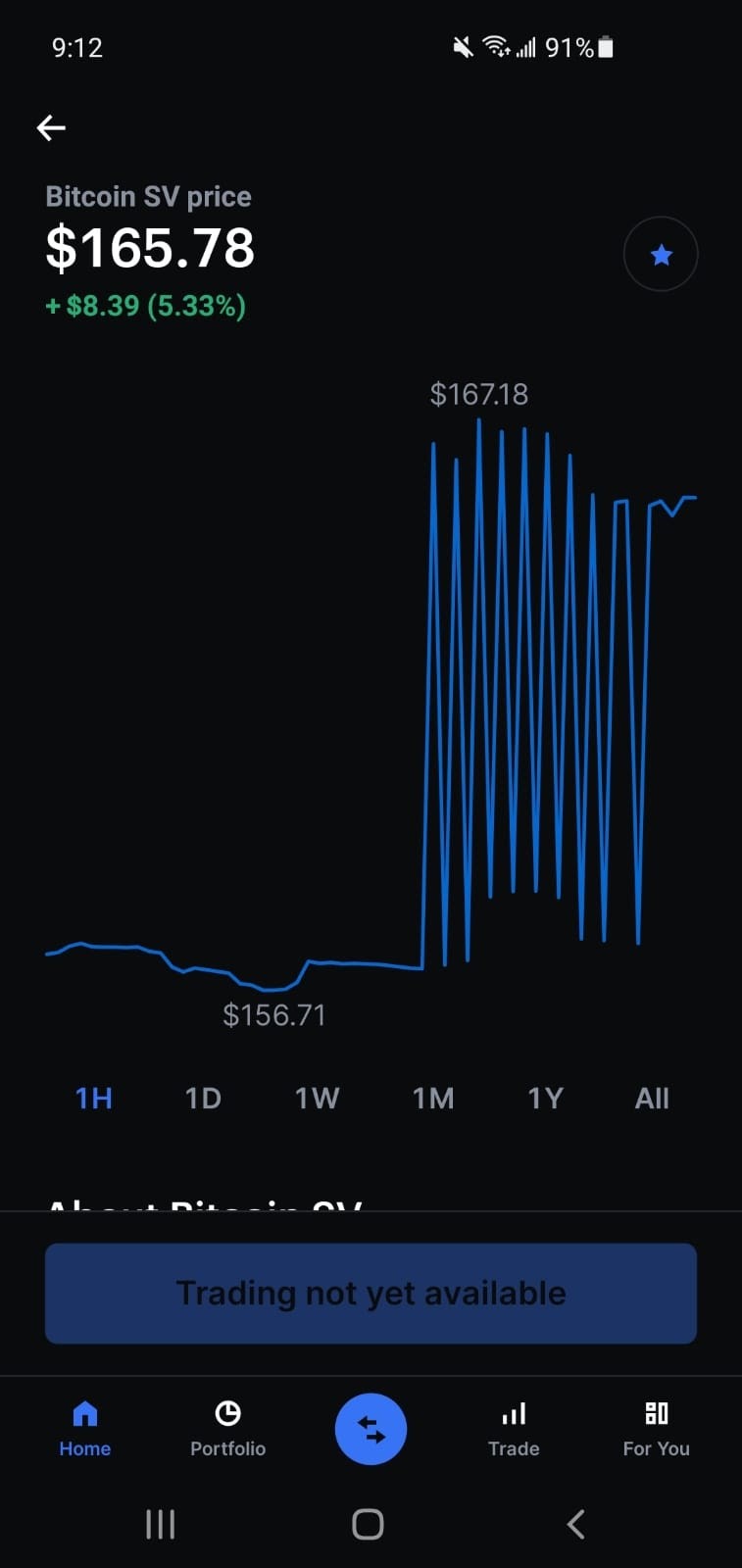Withdraw your BSV now!
I warned people about Mt. Gox in December 2013. I don’t remember why I thought there was something amiss at the now infamous cryptocurrency exchange, but something didn’t pass the smell test. Of course, I was simping for Coinbase at the time too, so it wasn’t all sunshine and roses. Of course, this was also before they betrayed their “bitcoin only” promise and joined Digital Currency Group.
It doesn’t really matter what exchange wallet that you might be keeping your BSV on today because one of the things that came from the fallout of the Mt. Gox collapse was the rise of custodians. Custodians are typically registered, regulated and compliant partners that exist as a sort of low-risk vault for users (usually businesses) who don’t want the extra risk of maintaining their own security. This is a common practice in many industries.
Fort Knox allegedly holds the U.S. supply of gold (if you trust the audits!), because gold is heavy, bulky, and expensive to move around. It’s also a honeypot target for intrepid thieves, so there is an incredible amount of security to maintain the large facility for obvious reasons. However, custodianship is a bizarre thing in the blockchain space where a flash drive in a desk drawer could contain the keys to a trillion dollars in wealth.
Where are custodians keeping all those coins, and how big of a physical threat can they repel in order to protect them? The truth would almost certainly terrify you.
So what?
When you send your money to cryptocurrency exchanges or anywhere else, it isn’t likely sitting on their books or in any kind of wallet that you control at all. You are sending your funds to a hot wallet controlled by the exchange before an employee typically sends it to their custodians and issues you paper (read: fake) coins in order to trade with on their internal (read: fake) order books against other traders and a handful of outside (read: fake) market makers.
So while you gamble with IOUs against professional thieves, your coins are usually sitting in the hands of BitGo, Fireblocks, CURV or Coinbase Custody: four entities owned under the umbrella of Digital Currency Group, which is itself an umbrella entity of MasterCard Ventures, New York Life, Bain Capital and a few other players. Also included in their portfolio are players like Blockstream and Lightning Labs which are entities with close financial ties to the parent company of Bitfinex and Tether: iFinex Inc.
All of these entities share venture capital partners, company executives and close affiliation to one another, which means all roads lead up to MasterCard and their partners and down to the exchanges where predatory naked shorting occurs.
It has long been understood that BSV is heavily shorted at Bitfinex and other margin exchanges, and since we know that the markets are over 90% fueled by Tether, the possibility of opening predatory shorts on the previously mentioned close books is obviously not out of the realm of probability.
Those custodians are the ones leveraging the existence of their holdings in various ways. One of those ways is by allowing their partners to use funds as collateral to pay interest in order to keep margin short positions open on exchanges. So how do we remove the fuel that funds the naked shorts on BSV?
WITHDRAW!
This isn’t for everyone, but if you have the ability to hold BSV in a wallet that you control, you should. If you withdraw your BSV from an exchange, they have to close any open interest shorts against the pair, purchase BSV back from their custodian partners and send your coins off the market—drying up the liquidity that they are using to push down the market value.
If enough users do this, retail traders who are short on BSV will start to go underwater, costing them money. As those traders close their positions and hit stop losses, it will start to push market makers and internal exchange accounts under water. Bots will start to compensate by gaming the pair, making zig-zag patterns in the price.
But at some point, underwater shorts must capitulate. Of course, a healthy market has longs and shorts, but nobody in their right mind would say that the crypto trading markets are healthy.
But this is a simple way to positively impact the price action of BSV.
For those of you who wish to keep positions hedged for various reasons, you have a few great options that exist ON BSV. The first is TDXP. With TDXP, you can keep a margin long position open on BTC, BCH or anything else they list in order to hedge yourself into the “bitcoin basket” as some people call it. You can also open a small short yourself against BSV without negatively impacting the price of BSV (because it isn’t sitting with a custodian.) This is something like a “poor man’s option trade.”
The other option is to use TokenSwap at Tswap.io. Using the new DeFit tool, you can leverage your BSV to add liquidity to their automated market makers (AMMs) and earn a portion of the yield from trading fees on multiple pairs built on the DEX – some of them offering 1500% APY as an introduction to the exchange.
Lastly, in digging around the BSV economy to find a partner that manages a self-custody model, Michael Hudson from Bitstocks and Gravity was happy to inform us that they have been custodying customer funds in house since 2014 and have never had a breach. For UK clients and in other jurisdictions where Gravity is an option, you can work with them without providing liquidity to predatory exchanges that use shady tactics to short BSV.
With these options, BSV holders can engage in thoughtful portfolio management (PLEASE SEEK THE ADVICE OF A FINANCIAL ADVISOR) without risking your funds in the hands of a counterparty while also drying up the fuel that our adversaries in the small blocker economy use to suppress the price of BSV. The rise of trading on BSV has already begun, and it scares the hell out of many people. If we bring them into the fold and stop leaning on their systems altogether, we will be one step closer to ushering in true financial freedom across the globe with the power of the unbounded bitcoin protocol!
Source: Read Full Article




